Zimbabwe
Zimbabwe's parliament has approved a staggering increase in the fees to be paid by future presidential candidates, from 1,000 to 20,000 US dollars, a decision deemed discriminatory by the opposition on Thursday.
"These candidacy fees, which discriminate against citizens according to their economic status and exclude the poor and those on the margins, violate the Constitution," Fadzayi Mahere, spokesperson for the main opposition party, the Citizens Coalition for Change (CCC), told AFP on Thursday.
Presidential and parliamentary elections are scheduled for August 23 in this southern African country.
Incumbent President Emmerson Mnangagwa, 80, is accused of muzzling all dissenting voices. He succeeded Robert Mugabe in 2017, and was elected president the following year (50.8%) following a violent election. He will face CCC leader Nelson Chamisa, a 45-year-old lawyer and pastor.
Candidates in the parliamentary and senatorial elections will have to pay $1,000, compared with just $50 in 2018.
Opposition parties claim that the sharp rise in the price of the ticket to run in these various elections favors the ruling ZANU-PF party, which they believe has more financial resources at its disposal.
On June 1, Zimbabwe had already adopted a so-called "patriotic" law criminalizing any "attack on sovereignty and national interest": a "terrible" and vague text, according to the opposition and NGOs, who fear liberticidal excesses ahead of the general elections.




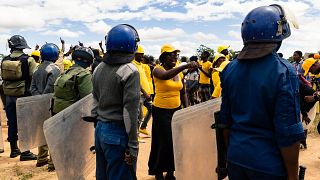
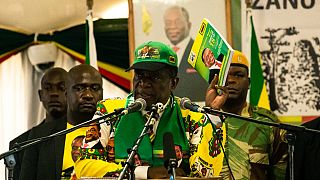
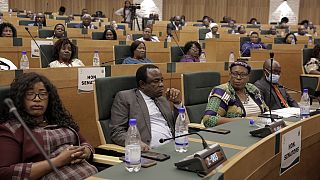
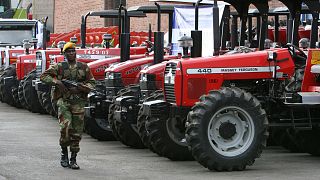
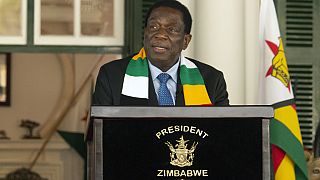
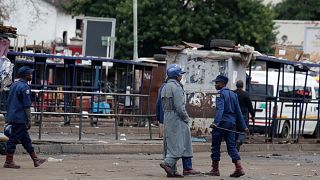



Go to video
Pics of the day: April 01, 2025
Go to video
Zimbabwe President removes army chief amid coup speculation
01:40
Newly elected IOC President Kirsty Coventry celebrated on return home to Zimbabwe
Go to video
Pics of the day: March 24, 2025
02:09
Electric tricycles empower women in rural Zimbabwe
Go to video
Africa advances toward financial integration with new currency exchange marketplace{Business Africa}